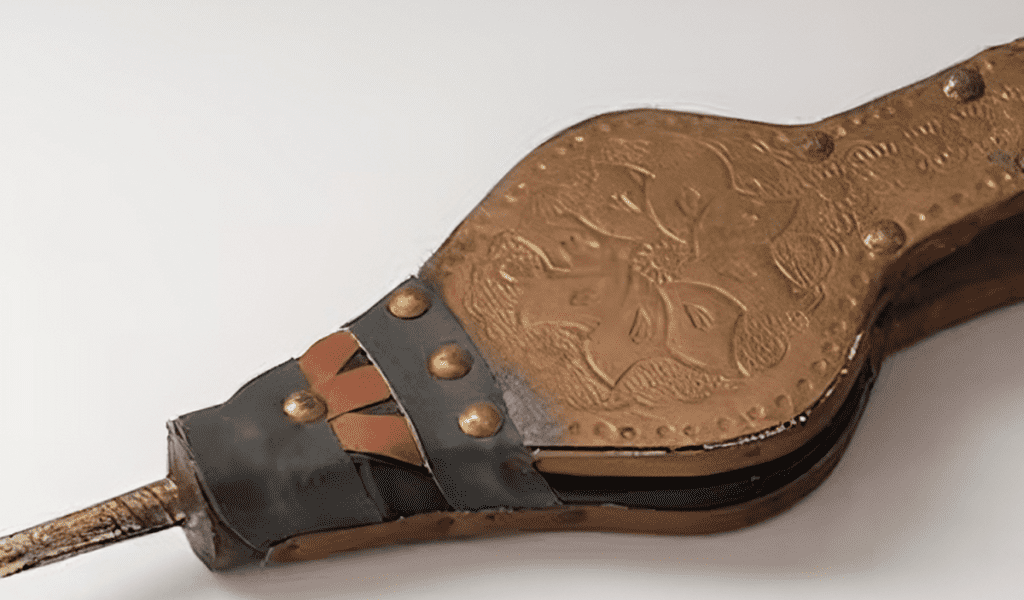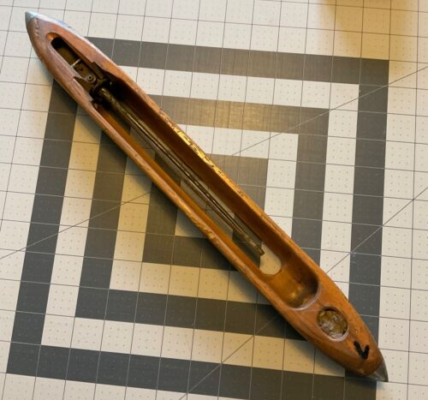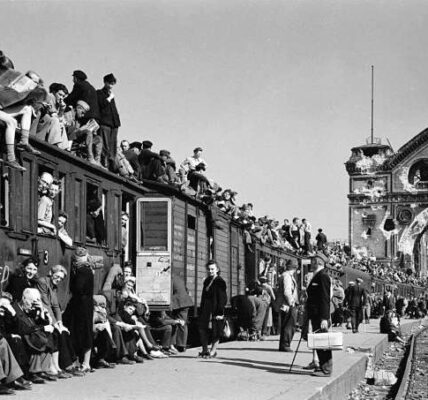The vintage fire bellows hand pump blower is a remarkable piece of early firefighting innovation. Long before fire engines and advanced tools were commonplace, these hand-operated devices played a critical role in managing and extinguishing fires. Today, they offer valuable historical insight, showcasing the craftsmanship and ingenuity that characterized 19th-century firefighting technology. In this article, we’ll delve into the history, design, and enduring legacy of this intriguing tool and explore its continued fascination among collectors and historians.
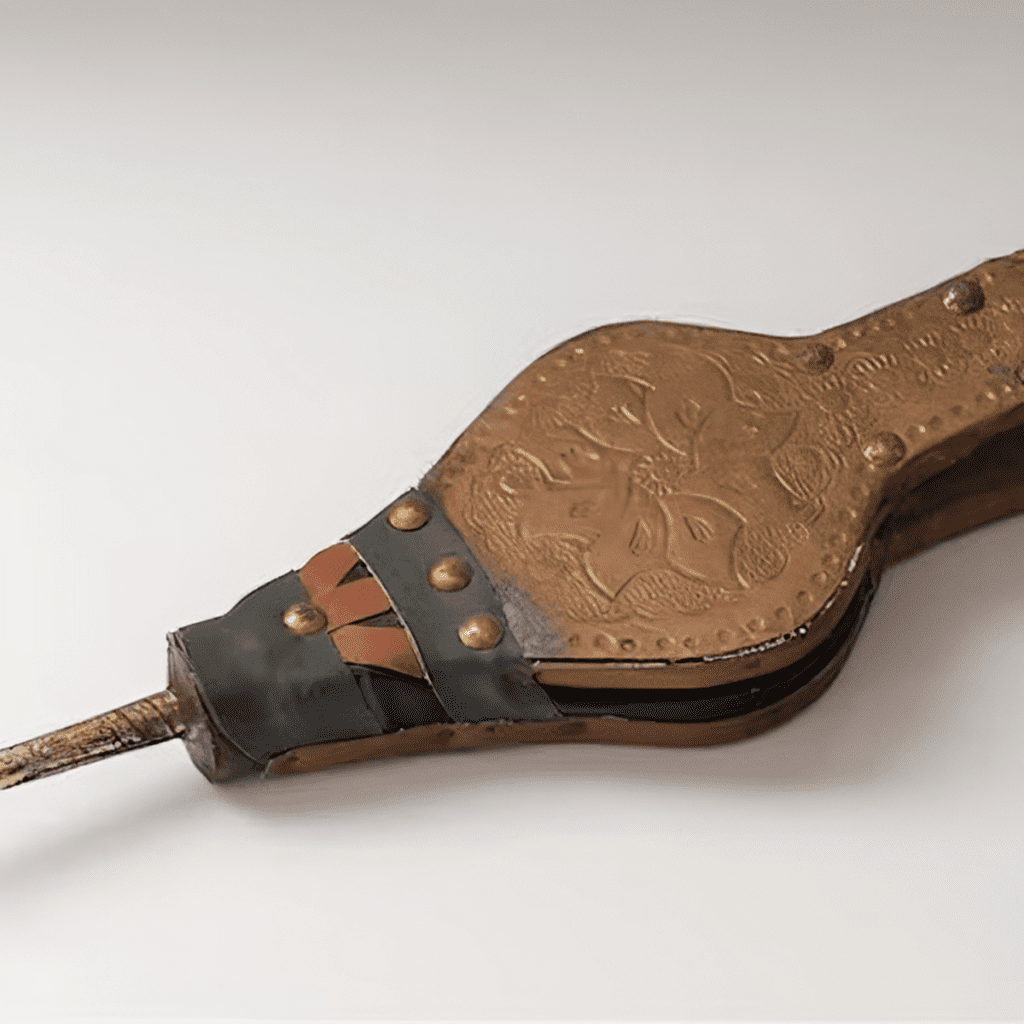
The History of the Vintage Fire Bellows Hand Pump Blower
Debuting in the 19th century, the fire bellows hand pump blower emerged during a period marked by significant strides in firefighting techniques. Prior to the prevalence of fire engines, these tools were the primary defense against smaller fires. Originating in Europe, their straightforward yet effective design quickly gained popularity, expanding globally to become a vital part of firefighting arsenals, especially in rural and industrial areas.
During the 1800s, firefighting was a communal effort with limited resources. The fire bellows, designed to deliver controlled bursts of air, helped either stoke or extinguish fires depending on the need. Although larger fires required more substantial resources, these bellows were essential for handling smaller incidents, like those on ships, farms, or workshops. Their portability and versatility made them a crucial tool before the advent of modern fire engines and water hoses.
Design Innovations of the Fire Bellows Hand Pump Blower
The design of the vintage fire bellows hand pump blower is both simple and clever. At its core is a large, air-tight bellows connected to a hand pump mechanism. When operated, the bellows expel a concentrated stream of air, directed at a fire to manipulate oxygen levels—either fueling the flame for control or extinguishing smaller blazes. The hand pump mechanism allowed for precise airflow direction, making it highly effective.
Materials for these devices varied but often included wood, leather, and metal. The bellows were generally made from durable leather to ensure longevity, while metal nozzles and grips were added for precision and ease of use. These qualities not only made the bellows practical but also contributed to their durability, resulting in many surviving examples today.
How the Fire Bellows Hand Pump Blower Was Used
The primary function of the fire bellows was to control airflow. By delivering a concentrated stream of air, the device could either stoke fires by providing more oxygen or extinguish them with strong bursts of air. This dual functionality made it invaluable for managing fires in a controlled manner, whether fueling the flames in a forge or suppressing small outbreaks before they grew uncontrollable.
Firefighting in Rural and Industrial Areas
The vintage fire bellows were particularly useful in rural areas with limited firefighting resources. They were also commonplace on ships, in factories, and other industrial settings where fire risks were high. The bellows’ portability and ease of use made them an ideal solution where larger equipment wasn’t practical or available, allowing firefighters or workers to quickly respond to fires.
Legacy of the Vintage Fire Bellows Hand Pump Blower

Nowadays, vintage fire bellows hand pump blowers are coveted collectibles. Firefighting enthusiasts and history aficionados seek these devices for their unique design and historical significance. Collectors value them not only for their functionality but also for the craftsmanship and innovation they represent. These tools are physical reminders of an era when firefighting was far more challenging, and every tool was crucial.
Influence on Modern Firefighting Technology
Although modern firefighting has evolved beyond the need for hand bellows, the principles they demonstrated remain relevant. Controlling airflow and oxygen levels is still a crucial element of fire management. Today’s advanced firefighting tools owe much to early devices like these bellows, which highlighted the importance of airflow manipulation in managing flames. Modern tools might look different, but their core functions often echo those of their predecessors.
The Role of the Fire Bellows in Firefighting History
More than just antiques, fire bellows hand pump blowers symbolize the early firefighters’ ingenuity. In an era when fires could easily spiral out of control, these tools were essential in protecting communities and industries. Their simple yet effective design illustrates the resourcefulness of those early firefighters, and their continued status as collectibles underscores the lasting intrigue with early firefighting technology.
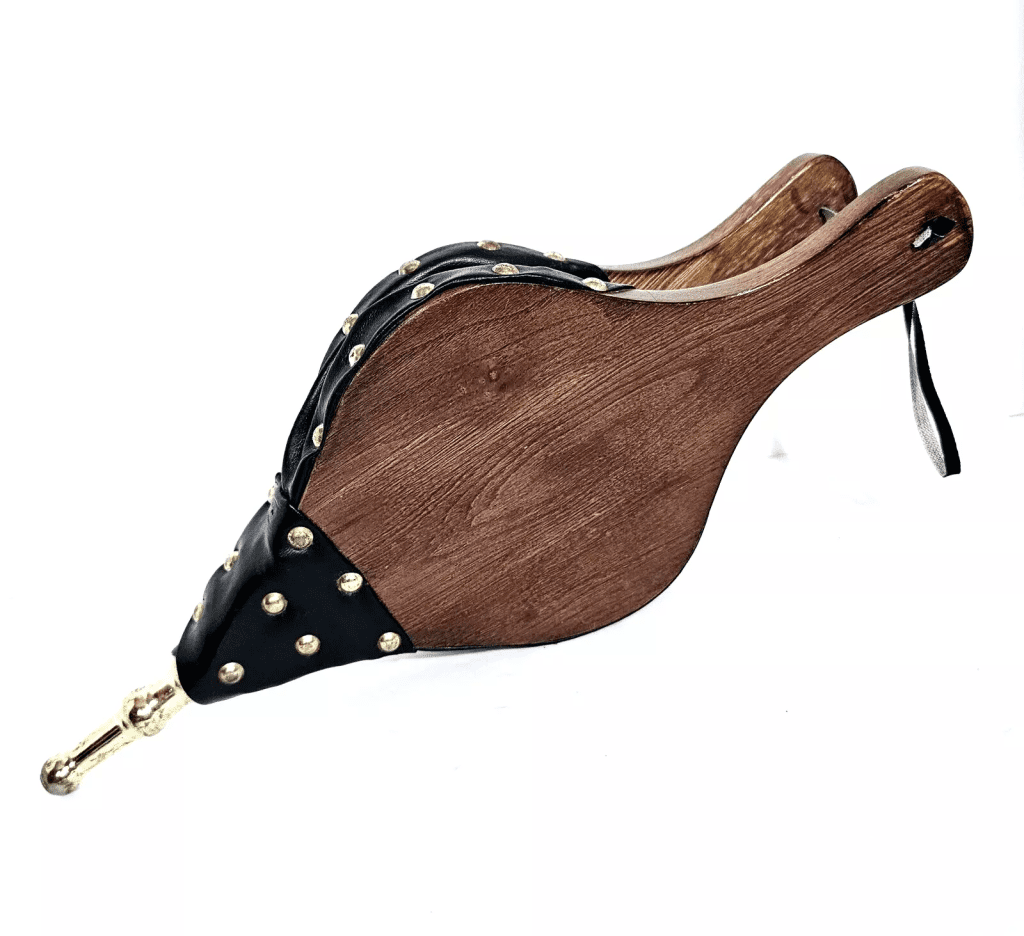
Besides their role as collectibles, vintage fire bellows are educational tools that teach firefighting history. Fire museums, historical reenactments, and educational programs frequently showcase them to demonstrate past firefighting challenges. They bridge the gap between old and new, helping people appreciate the advancements in modern fire safety and recognize the innovations that paved the way.
Conclusion: The Timeless Importance of the Fire Bellows Hand Pump Blower
The vintage fire bellows hand pump blower remains an important part of firefighting history. Its straightforward design, effective functionality, and historical significance make it a captivating relic. While modern equipment has largely replaced these hand-operated devices, their principles live on in contemporary fire management. As both collectibles and educational tools, fire bellows hand pump blowers stand as testaments to the ingenuity and resilience of early firefighters, long before modern engines and high-tech equipment transformed the field.
